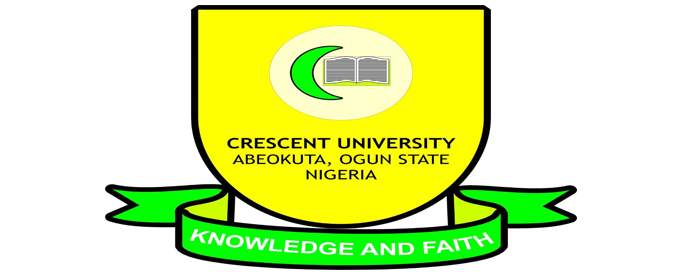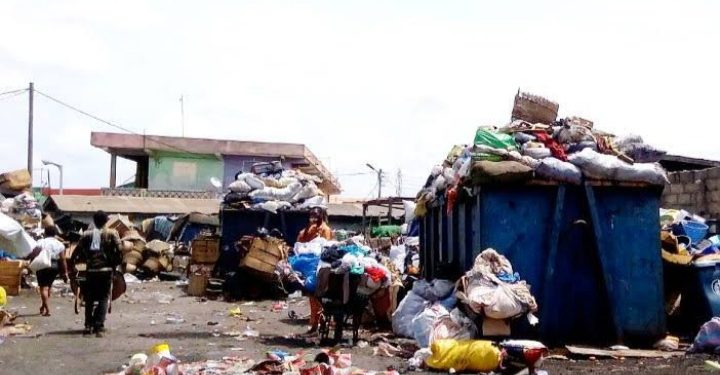In the bustling communities of Ijede, Igbe, Laara, and Oke Letu in Ikorodu, Lagos State, residents once struggled with the scourge of illegal refuse dumping. The lack of effective waste management led to unsightly heaps of trash, which were often set ablaze, releasing toxic fumes into the air and contributing to global warming. However, through a combination of community efforts and government intervention, these neighborhoods have transformed, becoming beacons of sustainability and environmental stewardship.
Until recently, the communities of Ijede, Igbe, Laara, and Oke Letu lacked a reliable waste management system. Lagos Waste Management Authority (LAWMA) was either absent or ineffective in collecting refuse, leaving residents with no choice but to dump their waste in unauthorized areas. The resulting piles of trash attracted pests, created unpleasant odors, and became a breeding ground for diseases.
The burning of refuse became a common practice, releasing hazardous pollutants into the air. This not only contributed to global warming but also posed serious health risks to residents, particularly children, the elderly, and those with pre-existing medical conditions.
In response to the growing concerns, community leaders and residents came together to demand change. They organized protests, petitions, and town hall meetings, calling on the government to intervene and provide a reliable waste management system.
LAWMA, in collaboration with the Lagos State Government, responded to the community’s pleas by launching a comprehensive waste management program. The initiative included:
Mass Provision of Waste Management Infrastructure: LAWMA deployed additional waste collection vehicles, bins, and other equipment to ensure regular and efficient waste collection.
Community Engagement and Education:LAWMA conducted extensive public awareness campaigns, educating residents on the importance of proper waste disposal and the hazards of burning refuse.
Partnerships with Community Groups:LAWMA collaborated with local community groups, empowering them to take ownership of waste management in their neighborhoods.
The combined efforts of the community and government have yielded remarkable results:
Significant Reduction in Illegal Refuse Dumping: The provision of adequate waste management infrastructure has drastically reduced the incidence of illegal dumping.
Improved Air Quality: The cessation of refuse burning has led to a noticeable improvement in air quality, reducing the risk of respiratory diseases and other health problems.
Enhanced Community Pride: The transformation of these neighborhoods has instilled a sense of pride and ownership among residents, who now take greater care to maintain their environment.
The success story of Ijede, Igbe, Laara, and Oke Letu serves as a testament to the power of community-led initiatives and government collaboration. By working together, these neighborhoods have overcome the challenges of illegal refuse dumping, improving the health, well-being, and quality of life for their residents. As Lagos State continues to grow and develop, this model of sustainable waste management can be replicated in other communities, creating a cleaner, healthier, and more environmentally conscious city for all.
363 total views, 2 views today



